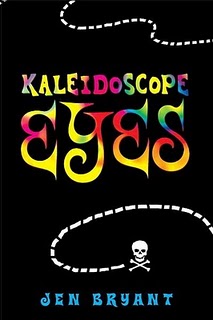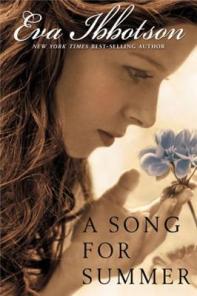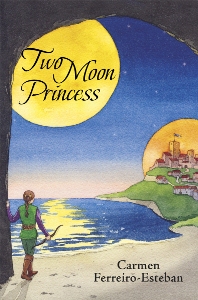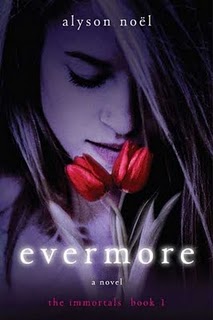It’s the summer of 1968, and 13-year-old Lyza Bradley has had enough of death and abandonment. It’s been two years since her mother disappeared, and with the Vietnam War raging, boys in her small South Jersey town are coming home in coffins more than she’d like. So, when her grandpa dies, it’s almost more than she can bear.
Except … Grandpa left something just for Lyza: three maps and a mystery to solve. With her two best friends, Malcolm and Carolann, Lyza unravels the mystery of the maps to discover that famed “reluctant pirate” Captain William Kidd possibly buried treasure right in their town. The question is: can they find it?
I have no idea what I expected when I pulled this off the shelf. I was intrigued by the title: what would a book that quotes a phrase from a Beatles song be about? Turns out that it’s much like a kaleidoscope: a lot of little bits and pieces of a lot of things working together to make a patchwork story. There isn’t an issue of the late 1960s that doesn’t earn a passing reference: racism — Lyza’s best friend Malcolm is African-American; the Vietnam War and all that entails, from the fighting to the protests to the draft; hippies — Lyza’s older sister Denise and her boyfriend Harry certainly qualify; and drugs — at one point, Lyza’s father thinks she’s doing drugs, even though what she’s really doing is digging up buried treasure.
It’s not heavy-handed, though, which I feared at the beginning. Once the maps come into play, however, the issues fade to the background. Those issues were a part of life in 1968; it would have felt odd not to have mentions of Martin Luther King’s or Robert Kennedy’s deaths. But the primary focus of the story is the adventure and discovery of the kids. And because of that, it becomes also a homage to freer times, when three 13-year-olds could go all over a town (and to other towns) without adults knowing more than just the bare minimum.
The format also helps: it’s a novel in verse, and the way some of the poems reflect the mood of the characters or events is clever, but not distracting. And, again, they have a kaleidoscopic effect: a lot of little pieces come together to make a nice story, which is really rather neat.
Rated: Mild; there’s talk of drugs but none actually are taken. Would be “none” for adult readers.




